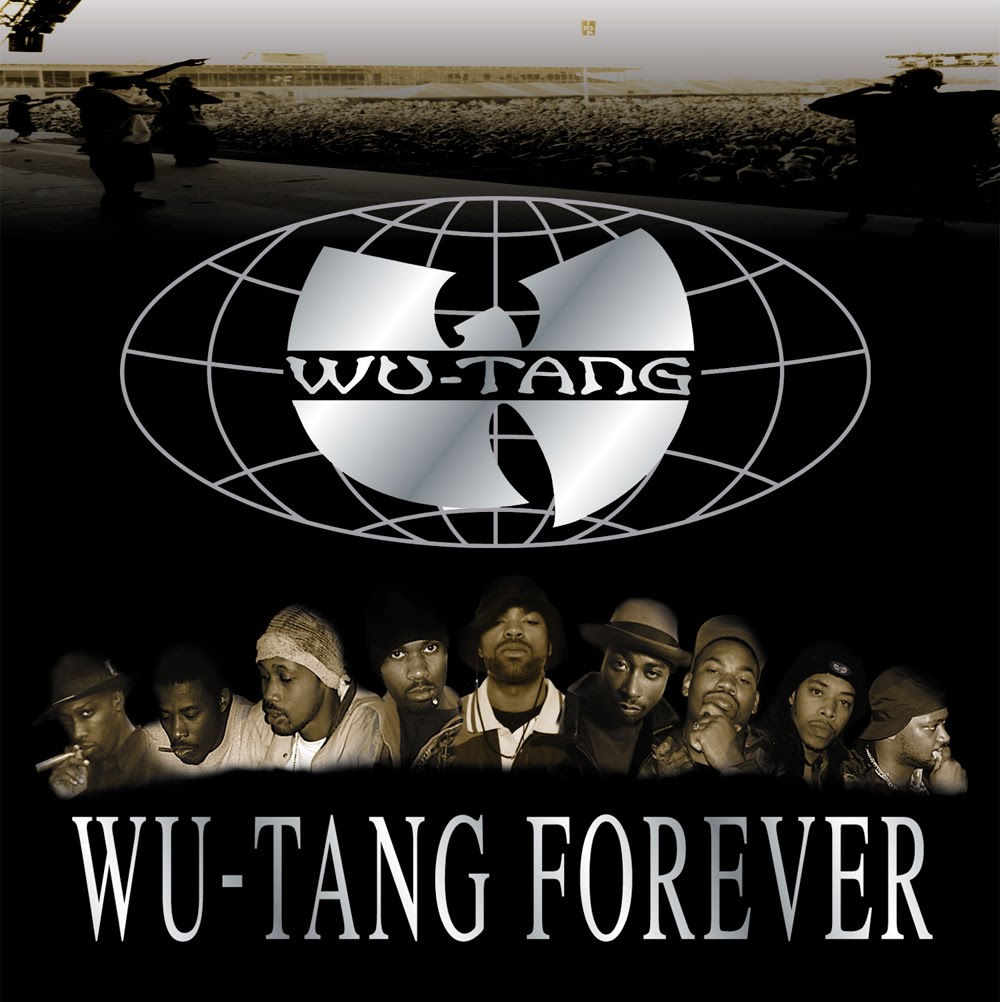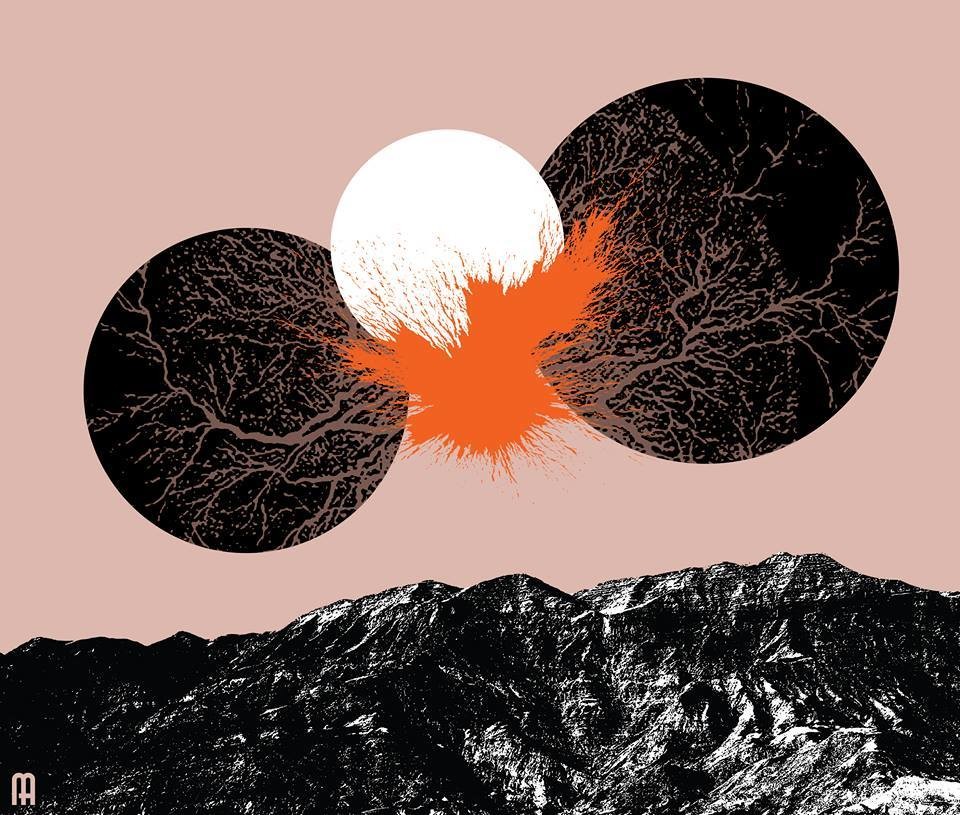Twenty years ago this month the world lost an inspiring, eccentric human being, whose profound impact was never fully understood…

by: Michael Shields
“I know we can’t all stay here forever, so I want to write my words on the face of today. And they’ll paint it.”
Many music fans share a similar remembrance of the first time they were introduced to the music of Shannon Hoon and Blind Melon. During those days when an entire generation was infatuated with, and sourcing their musical penchants from Music Television, a hypnotizing song coupled with an enthralling video where a little girl ((Heather DeLoach.)) danced around in a bee costume captured the attention of so many. The song “No Rain,” could be found on radio and television in round-the-clock rotation, and told the story of an apathetic young man questioning his sanity, whose agitated thoughts are quelled only by that ever-faithful elixir, companionship. “No Rain” was an introspective and self-deprecating song (“And speak my point of view / but it’s not sane”). It was sweet (“I just want someone to say to me, ‘I’ll always be there when you wake’”). It was relatable (“And I don’t understand why I sleep all day” – “All I can say is that my life is pretty plain”). It was absolutely beautiful, and an ideal way to come to know the curious and lovable Shannon Hoon.
Blind Melon, and Hoon, were never fully understood – not in their own time and not now. Labeled as “alternative” for easy packaging at the time, Blind Melon was obviously more influenced by neo-’60s folk rock ((Exemplified in their dazzling version of Bob Dorough’s “Three is a Magic Number.”)) and the classic rock of the ‘70s. The band members were from Pennsylvania (Christopher Thorn), Mississippi (Roger Stevens and Brad Smith), and Indiana (Hoon, from the same town as Axl Rose, Lafayette) ((Hoon, a friend and apprentice of Axl, sang background lyrics on “Don’t Cry” and can be seen in the music video with the band.)) and Blind Melon’s influences ranged from Led Zeppelin ((In 1995, Blind Melon contributed a version of “Out on the Tiles” to a tribute album to Led Zeppelin called Encomium.)) to Lynyrd Skynyrd to the Grateful Dead. Blind Melon ((Whose moniker was derived from a nickname of bassist Brad Smith, a name referencing the 1920s blues artist, Blind Lemon Jefferson.)) was always more Janis Joplin than Mother Love Bone. More Jefferson Airplane or even REM than Soundgarden. And their brief ascension to prominence all began with the video with the dancing bee, and their self-titled, debut album.
Blind Melon’s Blind Melon went on to sell more than 2 million copies, and hit No. 3 on the Billboard chart. Although the spotlight has always laid upon “No Rain,” Blind Melon was an album where I would let the whole thing ride. From “Soak the Skin “ to “Time,” the album was chock full of penetrating and highly affecting songs, including “Paper Scratcher,” “Deserted” and the social-commentary laced “Tones of Home.” ((“And I always thought this world would be / See the land of milk and honey / Oh, but I come to find that it’s all hate and money / And there’s a canopy of greed holding me down.”)) Blind Melon stands the test of time, and serves as attestation to the sheer talent the band possessed. Their follow-up album, Soup, also demonstrates a band growing and willing to take risks, and hindsight reveals it to be an album wrongly denounced upon release. Soup was rife with songs that define exactly who Blind Melon were and what they were capable of. Songs like “Vernie,” a touching ode to Hoon’s grandmother, the wonderfully chaotic “St. Andrew’s Fall,” or the jubilant, soulful “Wilt.” In tracks such as “2 x 4,” “Galaxie” and the haunting “Toes Across the Floor,” you can hear tones of bands like Alberta Cross, and smell whiffs of Two Gallants or even My Morning Jacket. Soup was an album that should have cemented Blind Melon’s legacy as one of the best rock bands in America, but alas it was received poorly and, just a few weeks into the album’s U.S. promotional tour, Hoon was taken from this world far before his time.
Although they relished in a great deal of success, Blind Melon didn’t quite light the world on fire like Nirvana or Pearl Jam. And looking back, their musical catalog left behind, although superb, is terse and unrepresentative of their true talents as a band. In the end Shannon Hoon’s impact was far less profound than it should have been. This statement is far from a knock on Hoon’s art, but an acknowledgement that Blind Melon’s contributions are far too often overlooked. And so in hindsight, what we are left with is a whole lot of what could have been. And what could have been is Hoon enduring as an influential figure in rock and roll, much in the same way that Mike Patton, Chris Cornell, and Eddie Vedder have.
But Shannon Hoon lives on. He lives on in artists like the eccentric Father John Misty, the inimitable Wayne Coyne, or the impassioned John McCauley of Deer Tick. He lives on in lore, in the profound effect he had on people, and in his musical message that is still as powerful today as it was the day he died. He lives on in the anthemic, and reassuring song “Change,” a track that affected me deeply ((The first song that Shannon Hoon ever wrote)). A song that begins with the comfortable strumming of an acoustic guitar, which is pierced exquisitely by the emotive wails of a harmonica that cut to the core, as a delicate, thoughtful song swelled to a robust, wistful crescendo. Hoon’s brand of whimsical melancholy is something that no one has reproduced since. Because within his pain, his discomfort within his own skin, was the unfortunate yet justifiable truth that those in judgement (“hey look at him, I’ll never live that way”) are the ones damaged, the ones that are faking it (“but that’s okay, they’re just afraid to change.”). Hoon’s spirit was hopeful, and his will to live undeniable. And this makes his loss all the more tragic. Blind Melon’s music was flat out beautiful and transcendent of its era. And Shannon Hoon’s deeply reflective, insecure, and ultimately hopeful lyrics still reverberate acutely within me, and all of those lucky to know his work, even twenty years after his passing.






Great article. It always kills me that Blind Melon gets referred to as a ‘One-Hit Wonder’. They were a spectacular band. Track down the song ‘Soup’ off of the posthumously released Nico. It was inexplicably left off the album that shared its name, and is a haunting glimpse into the mind of someone considering suicide.
Incredible hommage. Thank you for this. I found this article via google, and it touched me. I first listened to Blind Melon at age 16 in 1992-3, but the older I get the more profound the meaning of their music is. Hoon was a person ahead of his time, and, I suspect, with a level of sensitivity and incisiveness that this world was just too harsh and inflexible for. But these factors are what make him great. Still.
The versatility and creativity of the entire band is remarkable. I love these guys – and am grateful I am not alone in that appreciation.